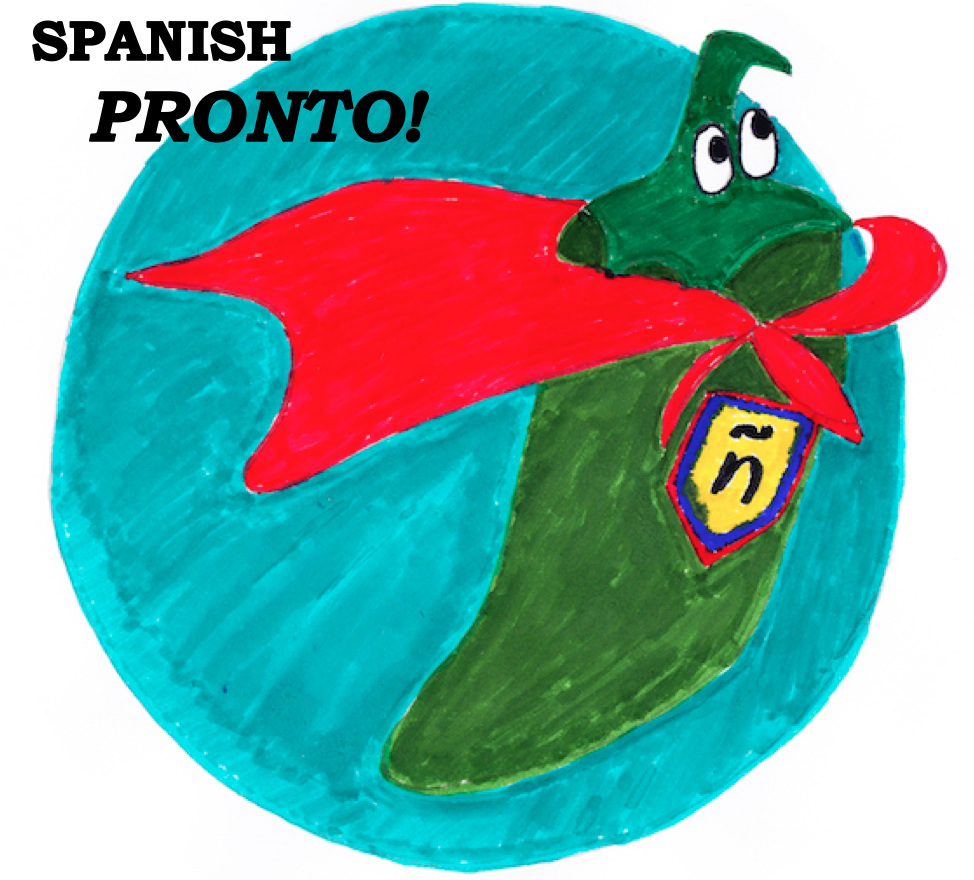| a | to, at |
| acuerdo | agreement, contract, accordance |
| además | in addition, besides |
| agua | water |
| ahora | now, right now, nowadays |
| al | to the, at the |
| algo | something, somewhat |
| algunos | some, a few |
| allá | there, in that place |
| año | year |
| años | years |
| ante | in front of, in the face of, (standing) before, facing |
| antes | before |
| aquí | here |
| así | so, therefore, like this, like that |
| aún | still, yet |
| aunque | although, even though |
| ayer | yesterday |
| bajo | low, under, bass |
| bien | well, fine |
| cada | each |
| cambio | change |
| casa | house |
| casi | almost |
| caso | case, event |
| centro | center |
| ciudad | city |
| como | like, as |
| cómo | how |
| con | with |
| contra | against |
| cosas | things |
| cual | which, in the manner of, as |
| cualquier | any, whichever |
| cuando | when |
| cuatro | four |
| cuenta | account [darse cuenta = to realize] |
| cuerpo | body |
| de | of, from, belonging to |
| debe | should [debe de = ought] |
| decir | to say, saying |
| del | of the, from the |
| dentro | inside, within |
| desarrollo | development |
| desde | since, from |
| después | afterwards [después de = after] |
| día | day |
| días | days |
| dice | says |
| dijo | said | |
| donde | where |
| dos | two |
| durante | during |
| e | and |
| ejemplo | example |
| el | the |
| él | he, it (m.) |
| ella | she, it (f.) |
| ello | it (n.) |
| ellos | they (m.) |
| embargo | sin embargo = however, nevertheless |
| en | in, at, inside |
| entonces | then |
| entre | between |
| era | was, used to be, was being [characteristic] |
| eran | were, used to be, were being [characteristic] [they] |
| es | is, are [characteristic] |
| esa | that (f.), that one |
| ese | that (m.), that one |
| eso | that (n.), that one |
| España | Spain |
| esta | this (f.), this one |
| está | is, are [stage] |
| estaba | was, were [stage] |
| estado | been [stage]; state |
| estados | states |
| están | are [stage] [they] |
| estar | to be [stage], being |
| estas | these (f.) |
| este | this (m.), this one |
| esto | this (n.) |
| estos | these (m.) |
| fin | end |
| final | final, ending |
| forma | form |
| frente | front (m.), forehead (f.) |
| fue | was [characteristic], went |
| fuera | might have been [characteristic], might have gone |
| fueron | were [characteristic] [they], went [they] |
| general | general |
| gente | people [la gente = the people] |
| gobierno | government |
| gran | great, big |
| grandes | big |
| grupo | group |
| guerra | war |
| ha | has, have [aux. verb] |
| haber | to have [aux. verb], having |
| había | there was, there were, had [aux. verb] |
| habían | had [aux. verb] [they] | |
| hace | makes, make, does, do |
| hacer | to make, making, to do, doing |
| hacia | towards |
| han | have [aux. verb] [they] |
| hasta | until, as far as, up to |
| hay | there is, there are |
| he | have [aux. verb] [I] |
| hecho | done, fact |
| historia | history |
| hizo | made, did |
| hombre | man |
| horas | hours |
| hoy | today |
| importante | important |
| José | José (Joseph) |
| Juan | Juan (John) |
| la | the (f.) |
| lado | side |
| las | the (f.) |
| le | to him, for him, to her, for her, to you, for you |
| les | to them, for them |
| ley | law |
| lo | it, that |
| los | the (m.), them (m.) |
| luego | then, afterwards |
| lugar | place |
| Madrid | Madrid |
| manera | way |
| mano | hand (f.) |
| más | more |
| mayor | older, greater |
| me | to me, for me |
| medio | middle, medium [los medios = the media] |
| mejor | better |
| menos | less |
| mi | my |
| mí | me |
| mientras | while |
| millones | millions |
| misma | same, same one (f.) |
| mismo | same, same one (m.) |
| momento | moment |
| mucho | much, a lot |
| muchos | many (m.) |
| mujer | woman |
| mundo | world [todo el mundo = everybody] |
| muy | very |
| nacional | national |
| nada | nothing, anything |
| nadie | nobody, no one, anybody, anyone | |
| ni | neither, nor |
| no | not, no |
| noche | night |
| nos | to us, for us [indirect object]; us [direct object] |
| nuestra | our (f.) |
| nuestro | our (m.) |
| nueva | new (f.) |
| nuevo | new (m.) |
| número | number |
| nunca | never, ever |
| o | either, or |
| otra | other (f.) |
| otras | others (f.) |
| otro | other (m.) |
| otros | others (m.) |
| padre | father |
| país | country |
| países | countries |
| para | for [ends], in order to |
| parece | seems, seem |
| parte | part |
| partido | party [politics], game [sports] |
| pasado | past |
| pero | but |
| personas | persons, people |
| poco | little, not very |
| poder | to be able to, power |
| política | politics |
| por | for [means], along, through, in exchange for |
| porque | because |
| posible | possible |
| presidente | president |
| primer | first (m.) [before noun] |
| primera | first (f.) |
| proceso | process, trial |
| puede | can, is able to, are able to |
| pueden | are able to [they] |
| pues | well, then |
| punto | point |
| que | that, which, who, than |
| qué | what |
| quien | who |
| realidad | reality |
| relación | relationship, relation(s), connection |
| San _____ | Saint _____ (m.) |
| se | yourself, himself, herself, itself, yourselves, themselves; is/are _____-ed [passive voice] |
| sea | might be |
| según | according to, depending on |
| sentido | sense |
| ser | to be [characteristic], being | |
| será | will be [characteristic] |
| si | if |
| sí | yes |
| sido | been [characteristic] |
| siempre | always |
| sin | without |
| sino | but (rather), only |
| sistema | system |
| situación | situation |
| sobre | on, on top of, above |
| social | social |
| sociedad | society |
| sólo | only |
| son | are [characteristic] [they] |
| su | his, her, your, their [s.] |
| sus | his, her, your, their [pl.] |
| tal | such |
| también | also |
| tan | so |
| tanto | so much |
| tarde | late, afternoon, evening |
| te | to you, for you |
| tener | to have, having |
| tenía | had, used to have, was having |
| tiempo | time, weather |
| tiene | has, have |
| tienen | have [they] |
| tipo | type, kind, guy |
| toda | all of (f.) |
| todas | all of them (f.) |
| todo | all of (m.) |
| todos | all of them (m.), everybody |
| trabajo | work |
| tras | after, behind |
| tres | three |
| tu | your |
| un | a, an, one (m./f.) [before noun] |
| una | a, an, one (f.) |
| unas | some (f.) |
| uno | one (m.) |
| unos | some (m.) |
| usted | you [formal] |
| va | goes, go |
| veces | times [occasions] |
| ver | to see, seeing |
| vez | time [occasion] |
| vida | life |
| y | and |
| ya | already [ya no = no longer] |
| yo | I |
|



